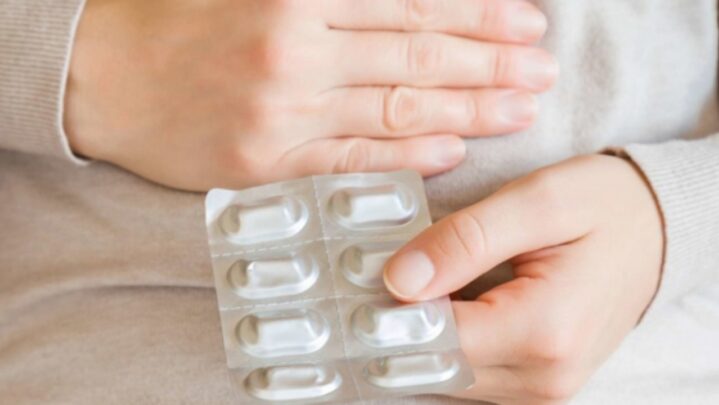Opioid drugs are known to hinder gastric emptying and peristalsis in the GI tract. This results in delayed absorption of medications and increased absorption of fluid, the scarcity of fluid in the intestine directs to the hardening of stool and constipation.
Opioids deliver pain relief for people with many diseases, including later-stage cancer. However, these medications can also have negative impacts, including constipation.
People use opioids to regulate severe discomfort. Opioid-induced constipation (OIC) can result in further pain, which can impact on a person’s quality of life.
Causes
A large variation of medical conditions and lifestyle components can cause constipation.
Opioids are bind to mu-opioid receptors in your central nervous system to generate analgesia, but they are also bound to receptors in the gastrointestinal (GI) tract. When opioids bind to mu-opioid receptors in the GI tract, it affects slow intestinal activity, which in turn directs to constipation.
Symptoms
1. Dry and hard stools, complications in defecating, which can occur in straining, forcing, and pain.
2. A continual feeling of wanting to use the bathroom
3. Abdominal Bloating, distention, or bulging.
4. Abdominal tenderness
5. Feeling of nausea and vomiting
6. Feeling of exhaustion and lethargy
7. Appetite loss and depression.
Remedies
1. Home remedies
Some natural mean to ease constipation include
Drinking more liquid, absorbing more fiber, doing some or more exercise, if possible for you, taking your time to use the bathroom without feeling rushed.
2. Medications
As constipation is a most common side effect of opioid usage, your doctor may prescribe medicine to prevent it, when they prescribe the opioid. This can avoid the problem from developing.
3. Other Options include:
Osmotic laxatives, which soften the stool by improving the quantity of water in the intestines.
Emollients or lubricants, which lubricate the stool
Stimulant cathartics, which facilitate movement in the intestines.
Prostaglandins or prokinetic drugs, which expand the bulk and activity of the stool by changing how the intestines absorb water and electrolytes.
Keep reading Successyeti.com
Also Read: Arrhythmia: Symptoms, Treatment And Complications





